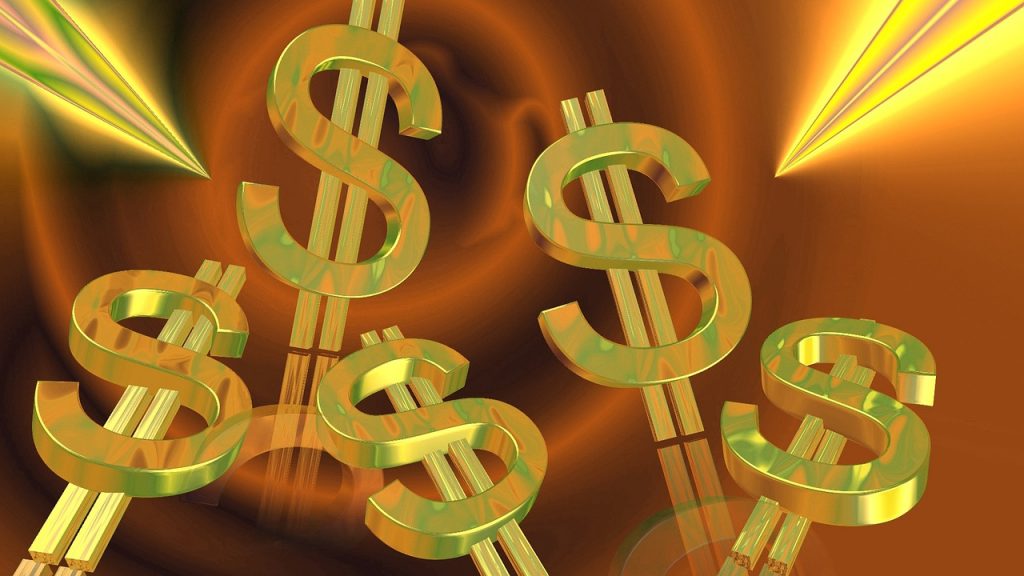Is Virtual Currency a Gamble?
By Alex J. Coyne © 2017 Gifts for Card Players
Virtual currencies like Litecoin, Zcash, Etherium and Bitcoin have become an increasing appearance on the online gambling scene. We took a closer look at virtual currencies to find out what they are, how they work and what they’re worth.
Defining Virtual Currencies
Virtual currencies were first officially defined by the European Central Bank (ECB) in 2012 as “unregulated, digital money which is issued and usually controlled by its developers and used and accepted among the members of a specific virtual community”.
This means that virtual currencies don’t fall under the same regulations as currency, and is not subject to the rules set by the reserve banks of the world. It’s worth, simply, what the current going rate is – which might either be subject to its own fluctuating exchange rates, or might be a rate set by the currency’s provider: In this case, likely an online casino.
The UK Gambling Commission has released their guidelines for providers and users of virtual currency, which includes that gamblers ensure any providers making use of virtual currencies is a registered gaming authority with the UKGC.
As for the USA, a court case in Maryland saw the courts rule that virtual currency – in this case, virtual casino gold – did not constitute illegal gambling. We could see this as a landmark ruling that’ll affect not only casino’s but also providers of virtual games that make use of in-game currency bought for real money – for example, games like Farmville.
In 2014, Forbes reported that two Las Vegas casinos – the D and The Golden Gate – have started accepting Bitcoin as a currency in lieu of cash – though not on the gaming floor; payments via Bitcoin are restricted to the gift shop and hotel.
Guidelines for Virtual Currency
Here are some rough guidelines for buying, selling and using virtual currencies online…
Research the currency before you sign up, including the company behind the cash, its history, its current market value and – most importantly – make sure that the company providing the currency is a registered gaming services provider.
Virtual money should be treated like real money when you’re playing. It’s easy to treat virtual money like pocket change and find yourself blowing more than if you were holding real, paper money: Don’t make that mistake.
Watch the exchange rates for your currency on a regular basis. A great site for this is CryptoCurrency Market Capitalizations, which covers several types of virtual currency.
Secure your passwords and never share login information with any third-parties; security first!
Would you place a bet on virtual currency?





